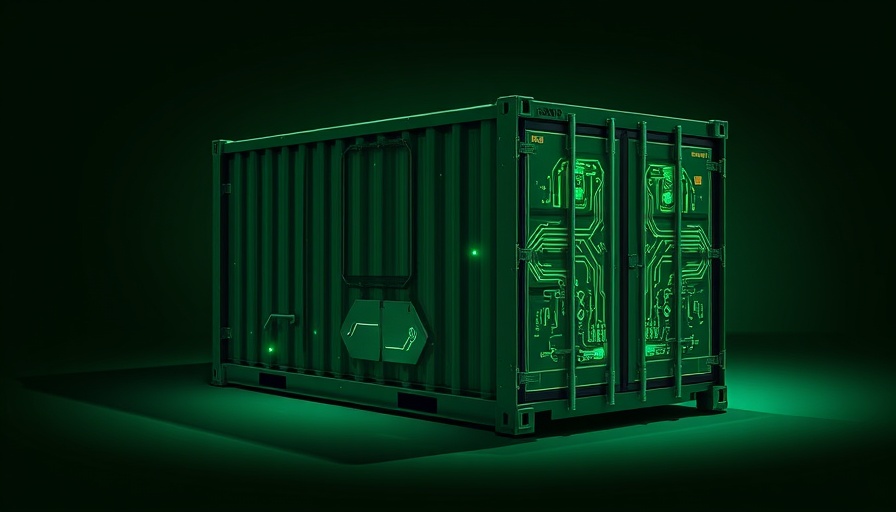
The Global Impact of Tariffs on Technology
As global trade dynamics evolve, the conversation surrounding tariffs and economic policies shifts significantly. In recent years, tariffs proposed by the U.S. government have raised eyebrows among tech giants and startups alike. They often overlook the intricate web of international supply chains that the technology sector relies on. The tariffs, intended to protect domestic industries, frequently harm the very businesses they aim to support, particularly in innovation-abundant regions like Silicon Valley.
Understanding the Tech Supply Chain
The tech supply chain is a complex interconnection of global partnerships, where components for devices might be designed in California, manufactured in Asia, and assembled in various locations worldwide. This reliance on a diverse supply chain means that imposing tariffs can lead to increased costs, affecting everything from production to consumer prices. For Bay Area startups heavily dependent on these supply networks, even a minor tariff can disrupt operations, leading to prolonged delays and increased expenses.
Why Local Businesses Should Care
For businesses operating in the Bay Area, especially those involved in tech and innovation, understanding these tariff implications is crucial. Tariffs not only shape digital transformation but also influence venture capital funding and local economic growth. Startups in this ecosystem often prioritize flexibility and innovation, but increased tariffs can lead to constrained budgets, stymying potential advancements.
Real World Examples of Tariff Impact
Numerous companies have felt the unbearable squeeze of tariffs. For instance, major tech organizations like Apple and Google have raised concerns about the direct impact of tariffs on their operations. These businesses have had to recalibrate their pricing strategies, leading to potential losses in market competitiveness. Startups that cannot absorb these additional costs face even starker realities, often leading to layoffs or scaling back on critical projects.
Powerful Predictions for the Future
Looking ahead, the relationship between the U.S. government and tech industries will continue to evolve. Insights from economists highlight that sustaining economic growth will require a delicate balance between regulatory policies and business needs. Entrepreneurs in the Bay Area may look toward lobbying for policy updates that consider the unique characteristics of the tech supply chain, ensuring that innovation remains at the forefront of economic discussions.
Challenges with Supply Chain Disruptions
The pandemic has already intensified supply chain issues, leading to significant disruptions across many industries. With tariffs added into this equation, local businesses encounter compounded challenges, causing them to rethink their operational strategies. It becomes vital for these companies to develop agile supply chains, allowing them to adapt quickly to shifting regulations and economic conditions.
Practical Insights for Business Growth
For entrepreneurs navigating these turbulent waters, there are several strategies they can employ to mitigate the negative impacts of tariffs. Staying informed about government regulations is essential. Business leaders should also explore alternative sourcing strategies that minimize reliance on high-tariff countries to strengthen their supply chains while reducing costs. Understanding the global marketplace can yield opportunities for operational efficiencies that bolster both growth and innovation.
In conclusion, as tariffs continue to feature prominently in discussions about trade and the economy, Bay Area startups and businesses must remain vigilant and informed. The repercussions of these decisions can reverberate widely, shaping the landscape of technology and innovation for years to come. By proactively adapting to changes, local businesses can not only survive but thrive amid challenges. The time to engage in this critical dialogue is now.
 Add Row
Add Row  Add
Add 



Write A Comment